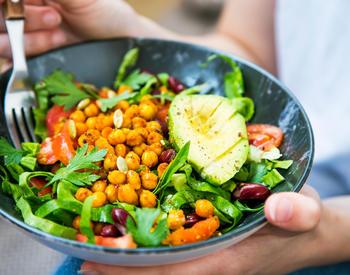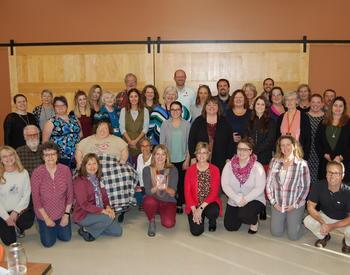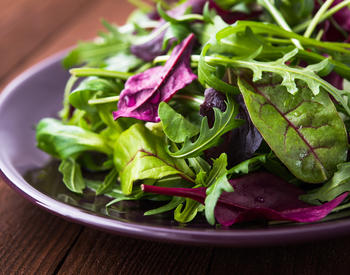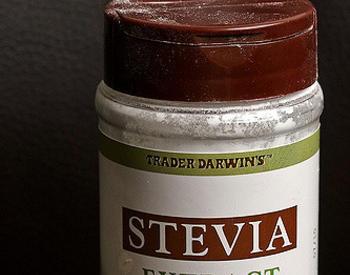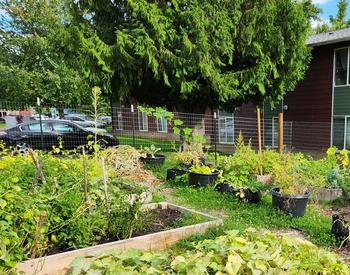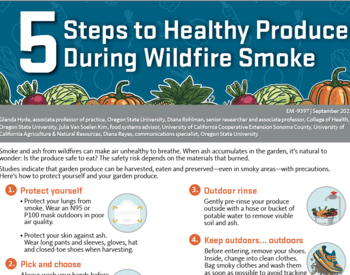I'd like to know if there are any tips you can provide for improving my heart health. Are there certain foods I can eat or activities I should do?
There are several factors that contribute to heart disease including high cholesterol, development of arterial plaque, high blood pressure, smoking, a sedentary lifestyle and obesity, especially belly fat. There are also several ways to combat these risk factors, stop disease progression and potentially reverse heart disease.
Dietary suggestions
As a registered dietitian, I will start with food best practices. Prioritize the following in your diet:
- Foods high in soluble fiber: These foods bind cholesterol in the blood and allow excretion. Optimally, consume 1 serving at every meal. Examples include eating ½ cup of lentils or beans, cooked barley or cooked oatmeal. Daily intake of soluble fiber can also be met by eating 1-2 whole fruits such as apples, grapes, apricots or figs. Flax meal (ground flax seed) and chia seeds are also good sources of soluble fiber, and the serving size for these is 2 tbsps.
- Brightly colored fruits and vegetables high in antioxidants: Polyphenol antioxidants, found in dark fruit, protect LDL cholesterol from oxidation and subsequent inflammation and plaque development. Consume at least 3 servings daily. Serving sizes are 1 cup raw or ½ cup cooked. Examples include blueberries, strawberries, dark grapes, pomegranate seeds and cooked millet.
- Foods containing essential Omega-3: 1 serving is suggested per day. Omega-3 is found in flax meal and chia seeds, dried algae, or raw nuts (particularly walnuts).
- Dark leafy greens or cruciferous vegetables: Chewing these vegetables thoroughly will release nutrients required to make nitric oxide (NO) for healing arteries and lowering blood pressure. Eat 1-2 servings of dark leafy greens raw or lightly steamed (kale, Swiss chard, arugula, spinach, Bok choy, collard greens), and 2-3 servings of cruciferous vegetables (broccoli, cabbage, Brussels sprouts, turnips) each day. You can also grate raw red beets into salads or on sandwiches.
- Consume your largest meals early in the day. Fast between dinner and breakfast for best results.
Exercise habits
Losing excess weight will reduce the risk of heart disease.
- Aerobic exercises: To target abdominal belly fat, add interval training to at least 30 min of aerobic exercise each day. Examples of aerobic exercises include walking, swimming, biking, dancing and gardening.
- Strengthening exercises: Increase muscle density with strengthening exercises such as lifting weights or against your own body weight.
- Perform deep breathing exercises to reduce stress: Hum when exhaling, 60-120 times, 4 times/day to produce nasal nitric oxide.
Habits to avoid
- Smoking: If you smoke, quit. Avoid second-hand smoke.
- Reduce or eliminate foods high in saturated fat and cholesterol: These include animal products meat, poultry, fish and dairy, especially cheese, and processed foods. Use low-fat, cholesterol-free beans, lentils and soy as protein sources. For more information, check out our publication Lowering Cholesterol with Food, OSU Extension
- Use less cooking oil: Replace conventional cooking oils with oils from nuts, seeds and avocado. You can also cook in water or broth instead of oil.
- Avoid processed foods: Processed foods are high in sugar, refined flour and salt. Common examples are chips, cookies, baked goods, candy, and salted nuts.
- Choose low-sodium or sodium-free canned goods: Additionally, use less salt and sugar in your home preparations.
Any of these changes will be beneficial. Doing all of these suggestions will result in measurable improvements in risk factor markers such as blood pressure, cholesterol, triglycerides, inflammation and belly fat.
Be sure to contact your provider before beginning major dietary changes, especially if you are taking medication for high blood pressure or high blood sugar, as these are usually the first to drop on a plant-based diet.

